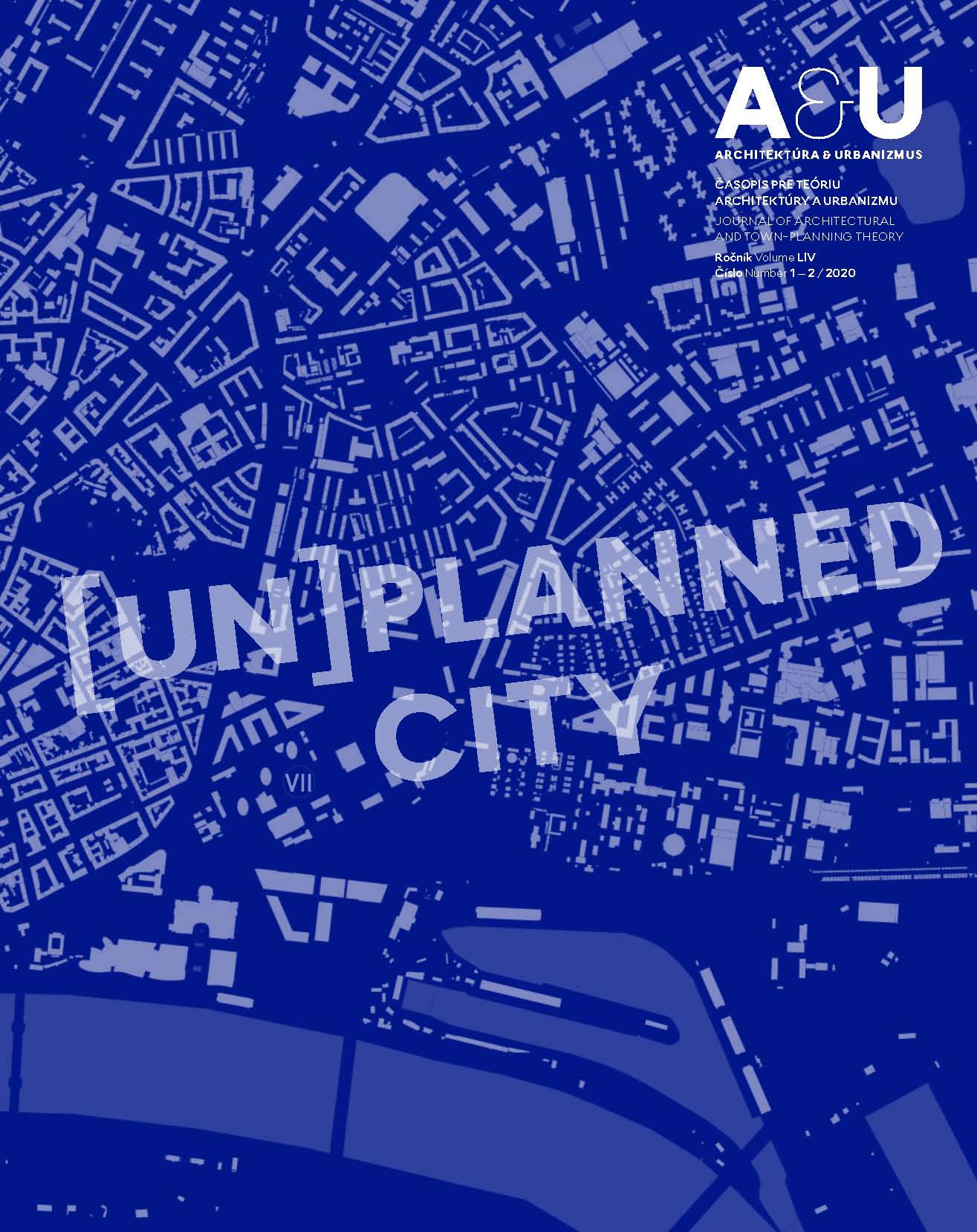British Urban Reconstruction after the Second World War: the Rise of Planning and the Issue of “Non-planning”
British Urban Reconstruction after the Second World War: the Rise of Planning and the Issue of “Non-planning”
Author(s): Peter J. LarkhamSubject(s): Architecture, Rural and urban sociology, WW II and following years (1940 - 1949), Post-War period (1950 - 1989)
Published by: Historický ústav SAV, v. v. i.
Keywords: post-war reconstruction; plan-making; reaction against planning; non-plan, UK;
Summary/Abstract: The period from 1940 to the mid 1950s has been widely referred to as a critical period in UK planning, with new legislation, official guidance, and hundreds of plans of all scales produced in the aftermath of wartime destruction. The circumstances of war seemed to favour a top-down, expert-driven process. If this was the high-point of the theoretical activity and practical implementation of urban planning, it soon produced a negative response, with the concept of ‘non-plan’ bring promoted in the late 1960s. This paper reviews the scale, speed and nature of the planning response; how it tested the limits of what could and should be planned; the failure of delivery; and the negative responses leading to reactions against planning.
Journal: Architektúra & Urbanizmus
- Issue Year: 54/2020
- Issue No: 1-2
- Page Range: 20-31
- Page Count: 12
- Language: English

